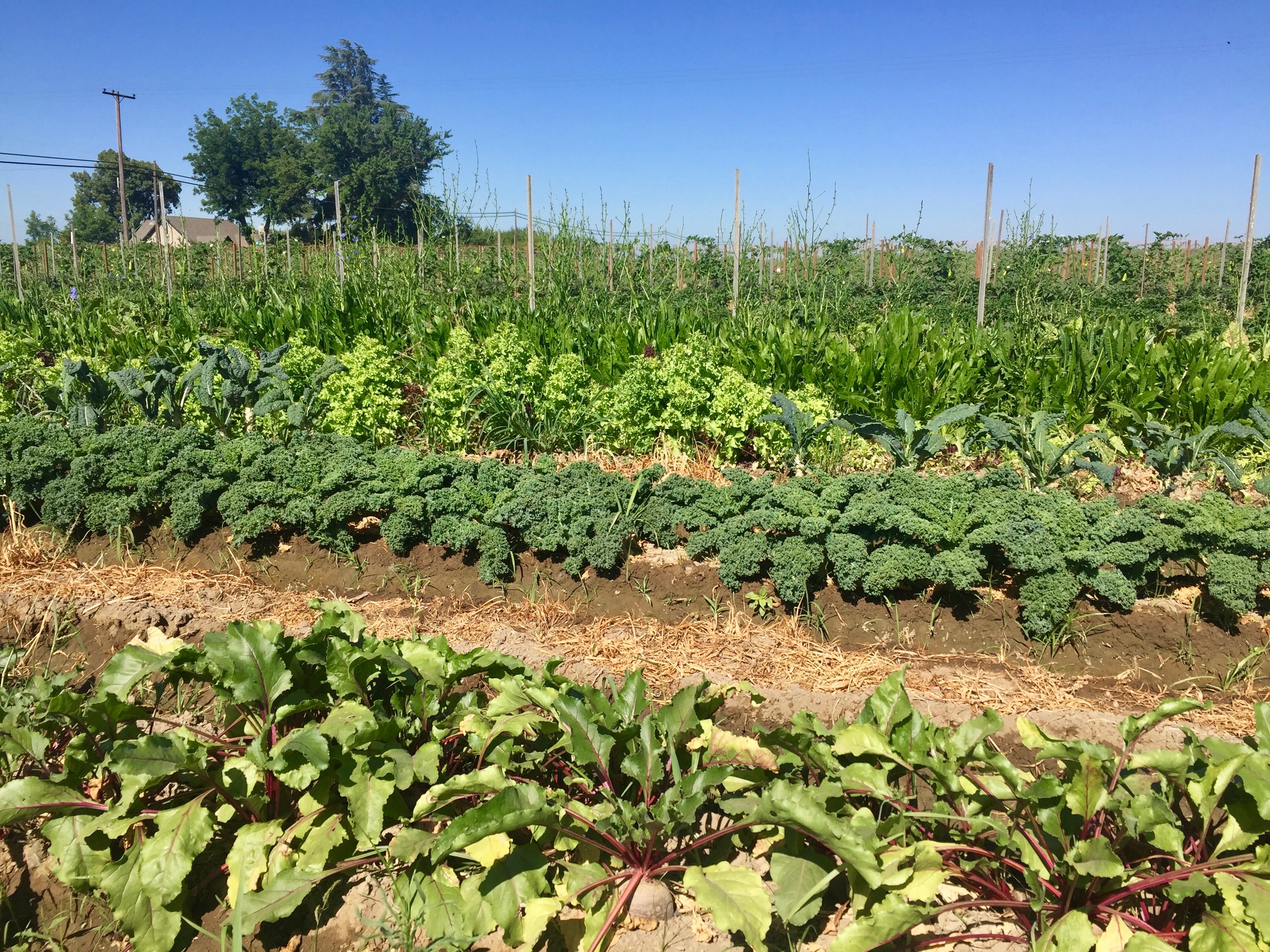The corporate consolidation of agriculture has had profound impacts on the ecological, economic, and social well-being of communities engaged in farming. Although this is a well-documented phenomenon—Wendell Berry has written about the estrangement from the land created by modern agribusiness since the seventies—the reforms needed to repair the relationship between agriculture and nature have yet to be widely implemented. Some ecologists believe the practice of permaculture offers a viable alternative to industrial agriculture. Permaculture is an approach to cultivation that considers the ecosystems and communities surrounding agricultural areas in its practice, potentially alleviating the “unsettling” trend Berry observes in agriculture.
Australian naturalists Bill Mollison and David Holmgren created the concept of permaculture in the seventies, mimicking natural biodiversity and preventing the deleterious effects of monoculture on soil quality. They were heavily influenced by observing the practices of Aboriginal land use and sought to create an approach to agriculture that was not only sustainable but regenerative, improving the ecological health of agricultural areas while simultaneously increasing yields.
A number of specific approaches to agriculture have been implemented in the effort to achieve permaculture. A common practice is polyculture, where multiple species are planted in the same area, mimicking natural biodiversity and preventing the deleterious effects of monoculture on soil quality. The advantages of polyculture are furthered through practices like companion planting, where crops that will not compete are planted together for mutual benefit, and agroforestry, where trees are incorporated into agricultural fields to decrease erosion and support ecological stability. However permaculture extends beyond farming to address social equity. Cooperative farms following permaculture practice collective ownership and labor and even use forms of democratic self-governance. In these communities everyone has what they need and no more, in keeping with the ethics of caring for the people and sharing the surplus.

Permaculture has been advanced as a solution for many forms of broken relationships with the land beyond industrial farms. An example of this is Malawi, where climate change and deteriorating soil quality have contributed to endemic undernutrition. A large part of this problem has been over reliance on non-native crops and synthetic fertilizers, so implementing principles of permaculture offers a way to improve agricultural yields. The Kusamala Institute of Agriculture and Ecology is a Malawian NGO that was founded with the goal of sharing knowledge and resources around permaculture practices. The regenerative goals of permaculture differ from mere sustainability by offering a path to rectify past environmental deterioration. This has also been implemented in urban areas, as in Charm City Farms of Baltimore. This project involves buying vacant lots throughout the city and improving soil quality by composting and planting trees, bringing residents a space to interact with the land that had previously been lost to development.

The permaculture movement is not without issues. Critics such as Leah Penniman believe the term permaculture ignores the indigenous knowledge the practice is based on. In this way, permaculture has been considered a form of cultural appropriation, but it has also been accused of simply being a reframing of conventional agriculture techniques. Penniman hopes the term will be used less often and that the movement will shift towards creating an understanding of ancestral agricultural heritage. Despite these concerns, permaculture has been successful in bringing awareness to the continuity between food production and the environment and led to numerous attempts to create a healthier relationship between humanity and the land.
Works Cited:
Is Permaculture the Key for Escaping Poverty in Malawi?
https://theconversation.com/an-environmental-sociologist-explains-how-permaculture-offers-a-path-to-climate-justice-165938
Can Permaculture Help Us Build More Resilient Communities?
seedstock.com/2016/04/25/charm-city-farms-brings-education-and-fresh-food-to-baltimore/
Rhodes, Christopher. “Permaculture: Regenerative – Not Merely Sustainable.” Science Progress (1933-), vol. 98, no. 4, Sage Publications, Ltd., 2015, pp. 403–12, https://www.jstor.org/stable/26406312.
